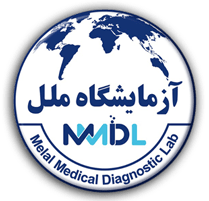Hemophagocytic lymphohistocytosis (HIH) & EBV susceptibility
I. Hemophagocytic lymohohistocytosis (HIH)
Hemophagocytic lymphohistiocytosis (HLH) is an aggressive and life-threatening syndrome of excessive immune activation. It most frequently affects infants from birth to 18 months of age, but the disease is also observed in children and adults of all ages. HLH can occur as a familial or sporadic disorder, and it can be triggered by a variety of events that disrupt immune homeostasis. Infection is a common trigger both in those with a genetic predisposition and in sporadic cases.
II. Susceptibility to EBV
EBV infection in patients with PID can lead to immune dysregulation and increased risk of malignancies, in addition to the severe course of the acute infection. Recognition of the different genetic defects and their effect on immunological pathways provide us with fundamental insights into the pathophysiology of EBV infection and associated disease, and may lead to developing better targeted therapies in the future.


Referance
- Picard C, Gaspar B, Al-Herz W, Bousfiha A, Casanova J, Chatila T, Crow YJ, Cunningham-Rundles C, Etzioni A, Franco JL, Holland SM, Klein C, Morio T, Ochs HD, Oksenhendler E, Puck J, Tang ML, Tangye SG, Torgerson TR, Sullivan KE. International Union of Immunological Societies: 2017 Primary Immunodeficiency Diseases Committee Report on Inborn Errors of Immunity. J Clin Immunol. 2018; 38(1): 96-128. PubMed
- Adi Ovadia, Ilan Dalal .LymphoSign Journal, 2018, 5(3): 65-5, https://doi.org/10.14785/lymphosign-2018-0011

